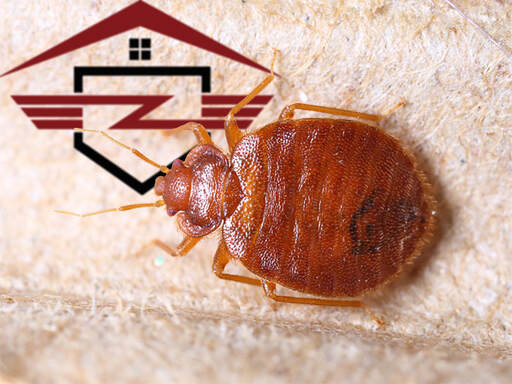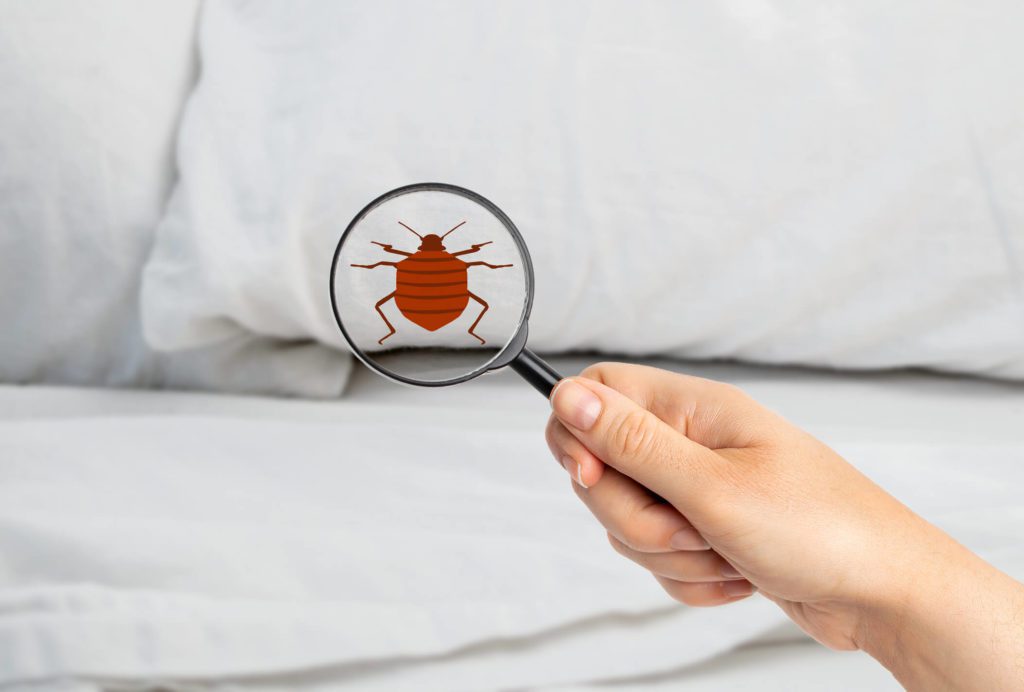A Break Down of the Numerous Kinds Of Insect Control Solutions
In the realm of insect control, a multitude of approaches exist to deal with and deal with the presence of undesirable creatures. As we navigate through the varied landscape of bug control services, understanding the ins and outs of each method ends up being vital in establishing the most reliable course of action.
Chemical Pesticides
Chemical chemicals are commonly utilized in insect control to efficiently remove a vast array of bugs and other parasites. These chemicals function by targeting the nerve system of the bugs, disrupting their normal functions, and ultimately resulting in their death. The usage of chemical pesticides has been a staple in the parasite control sector for decades because of their performance and quick outcomes.

Nevertheless, it is important to use chemical pesticides with care because of their prospective hazardous impacts on the environment and non-target varieties. Improper application or overuse of these chemicals can bring about air pollution, injury to valuable bugs, and resistance growth in insect populaces. Therefore, it is vital to comply with safety and security standards and laws when making use of chemical pesticides for insect control.
Biological Control Approaches
Considering the potential environmental influences and risks connected with chemical pesticides, organic control approaches supply an even more lasting technique to taking care of pest populations. Biological control involves using all-natural adversaries, such as bloodsuckers, predators, and microorganisms, to subdue bug populations. This method is typically more targeted, affecting only the particular bug varieties while decreasing injury to useful insects, people, and the atmosphere.

As soon as developed, natural adversaries can help control pest populations continuously without the demand for duplicated applications of chemicals. In addition, organic control is often extra cost-effective and can assist lower pesticide resistance in pest populaces over time.

Mechanical Bug Control
Mechanical bug control entails the physical control or removal of pests to manage their populations effectively. This approach is commonly utilized together with other insect control methods for comprehensive bug administration. One typical instance of mechanical insect control is using catches to catch bugs or rats. These catches can be established up in critical areas where bugs are known to dwell, assisting to decrease their numbers.
Another mechanical method is using obstacles such as webs, fencings, or screens browse this site to obstruct parasites from going into particular areas. By physically protecting against parasites from accessing a place, the possibility of problems or damages can be considerably minimized. Additionally, hand-operated methods like handpicking bugs off structures or plants can be effective for smaller-scale infestations.
While mechanical insect control methods can be residential pest control company labor-intensive, they provide a non-chemical option that can be lasting and eco pleasant. By targeting bugs straight, mechanical control strategies can help maintain parasite populaces in check without relying upon pesticides.
All-natural Remedies
Utilizing all-natural solutions for bug control provides a sustainable and environmentally friendly approach to taking care of bug populaces without resorting to chemical treatments. All-natural remedies include making use of materials derived from plants, minerals, or other normally occurring resources to hinder or remove parasites.
Additionally, vital oils such as tea tree oil or neem oil have insecticidal buildings that can successfully manage parasites while being safe for the setting. Another natural solution is presenting beneficial insects like ladybugs or hoping mantises to your yard to prey on hazardous parasites. By incorporating these all-natural services right into pest administration methods, people can decrease their reliance on synthetic chemicals and promote a much healthier, a lot more well balanced community.
Integrated Bug Administration
Integrated Insect Administration (IPM) is a detailed method that combines various approaches to properly manage pest populations while reducing dangers to human wellness and the atmosphere. IPM entails the combination of numerous pest control techniques such as organic control, habitat control, modification of social methods, and using resistant plant selections. By making use of a mix of these strategies, IPM aims to minimize dependence on chemical pesticides, which can have negative effect on communities and human wellness.
One key aspect of IPM is the focus on avoidance. By carrying out procedures to avoid insect invasions before they happen, such as maintaining correct hygiene and securing entry points, view it the requirement for responsive parasite control procedures is reduced. Tracking and regular evaluations play a critical duty in IPM, enabling early discovery of pest concerns and prompt intervention.
Verdict
In conclusion, the numerous types of insect control services use a range of choices for effectively managing bug infestations. Biological control methods make use of all-natural predators to control parasites. Integrated Pest Management incorporates multiple techniques for a holistic approach to pest control.
Chemical pesticides are frequently made use of in bug control to successfully remove a large array of pests and other bugs.Mechanical parasite control involves the physical control or elimination of bugs to handle their populaces effectively (Kings pest control Cincinnati).Utilizing all-natural treatments for pest control uses a sustainable and eco-friendly approach to managing insect populations without resorting to chemical interventions.Integrated Pest Management (IPM) is a detailed approach that integrates different methods to effectively control pest populations while reducing threats to human health and the atmosphere.In final thought, the numerous types of insect control options supply an array of alternatives for properly managing insect infestations